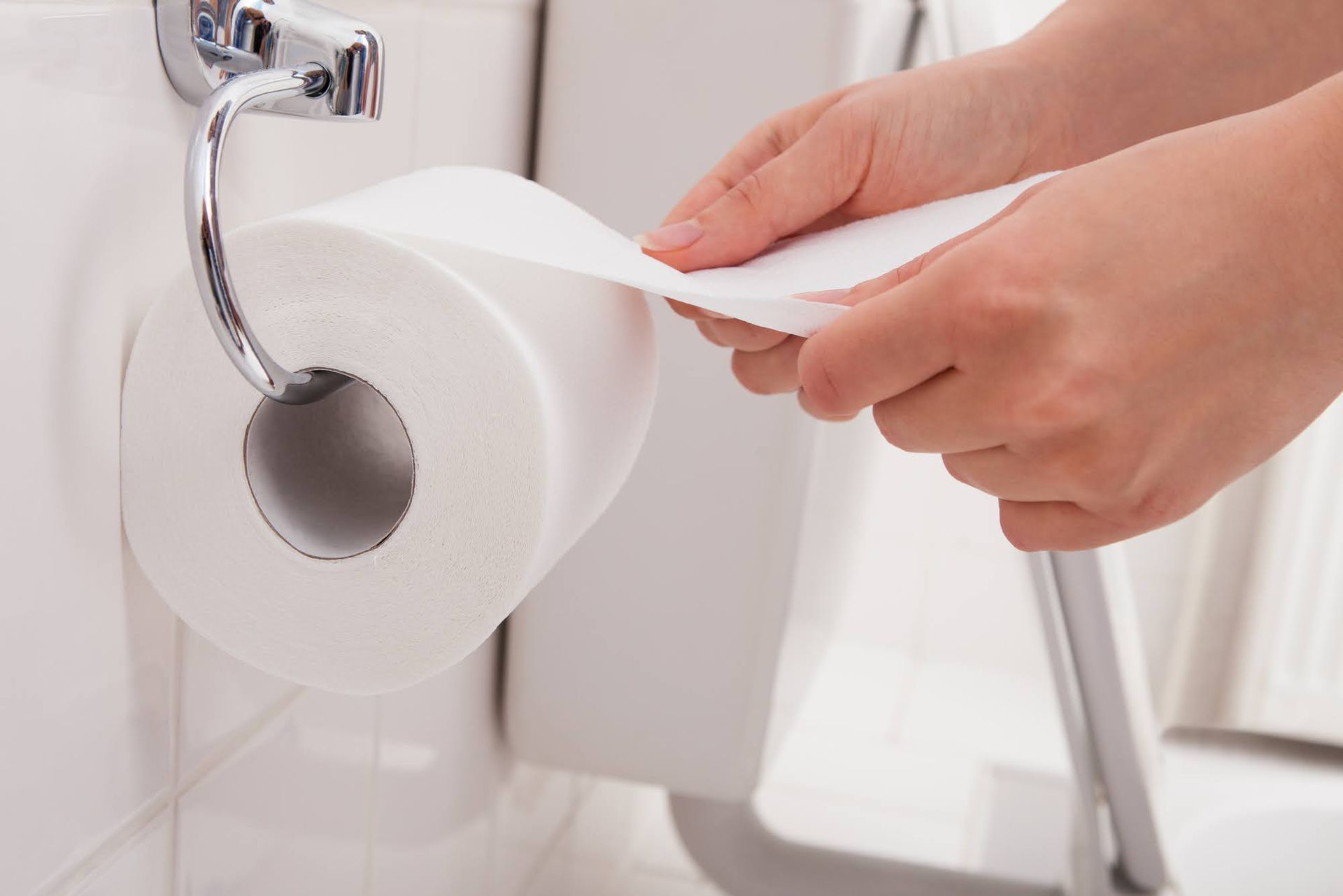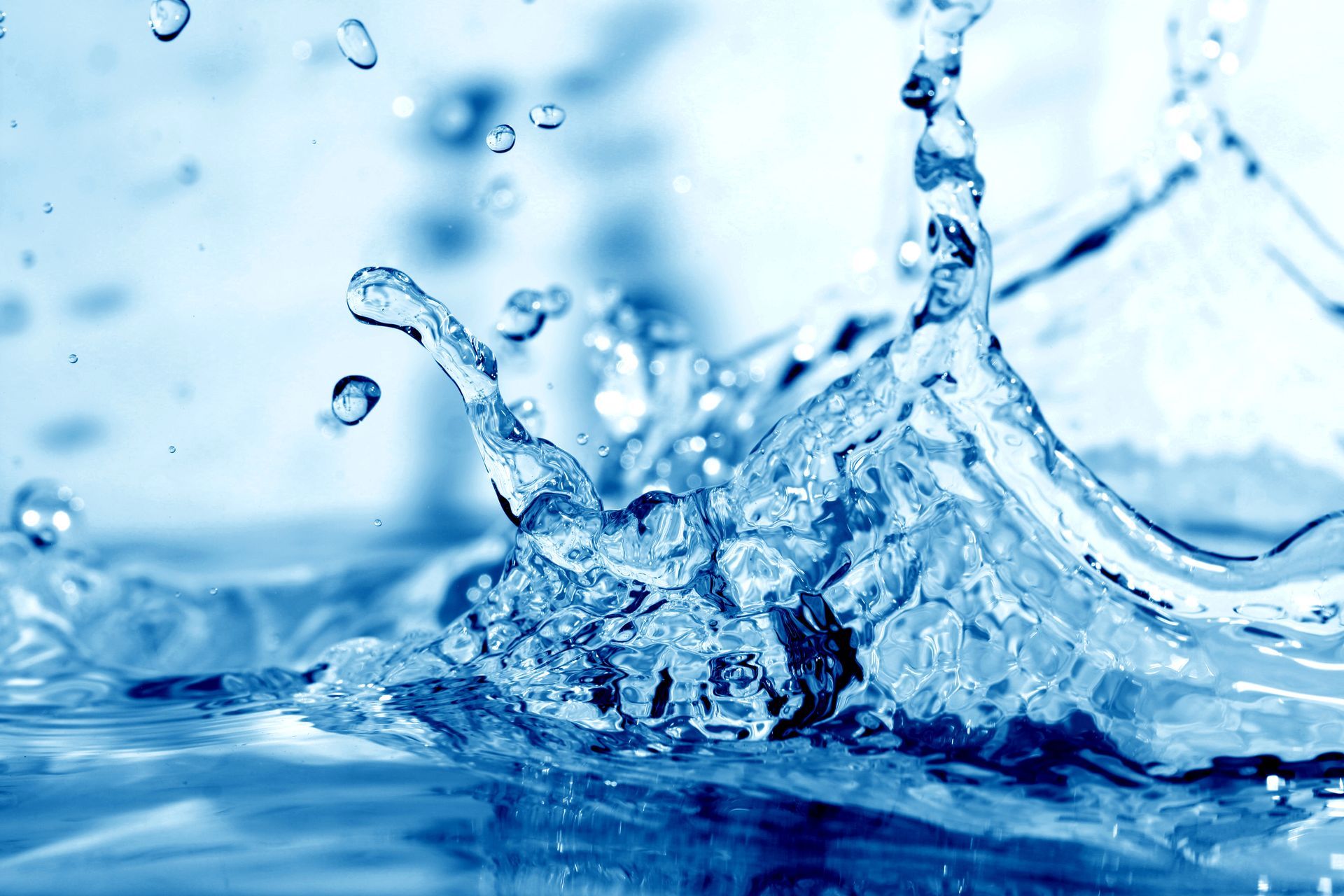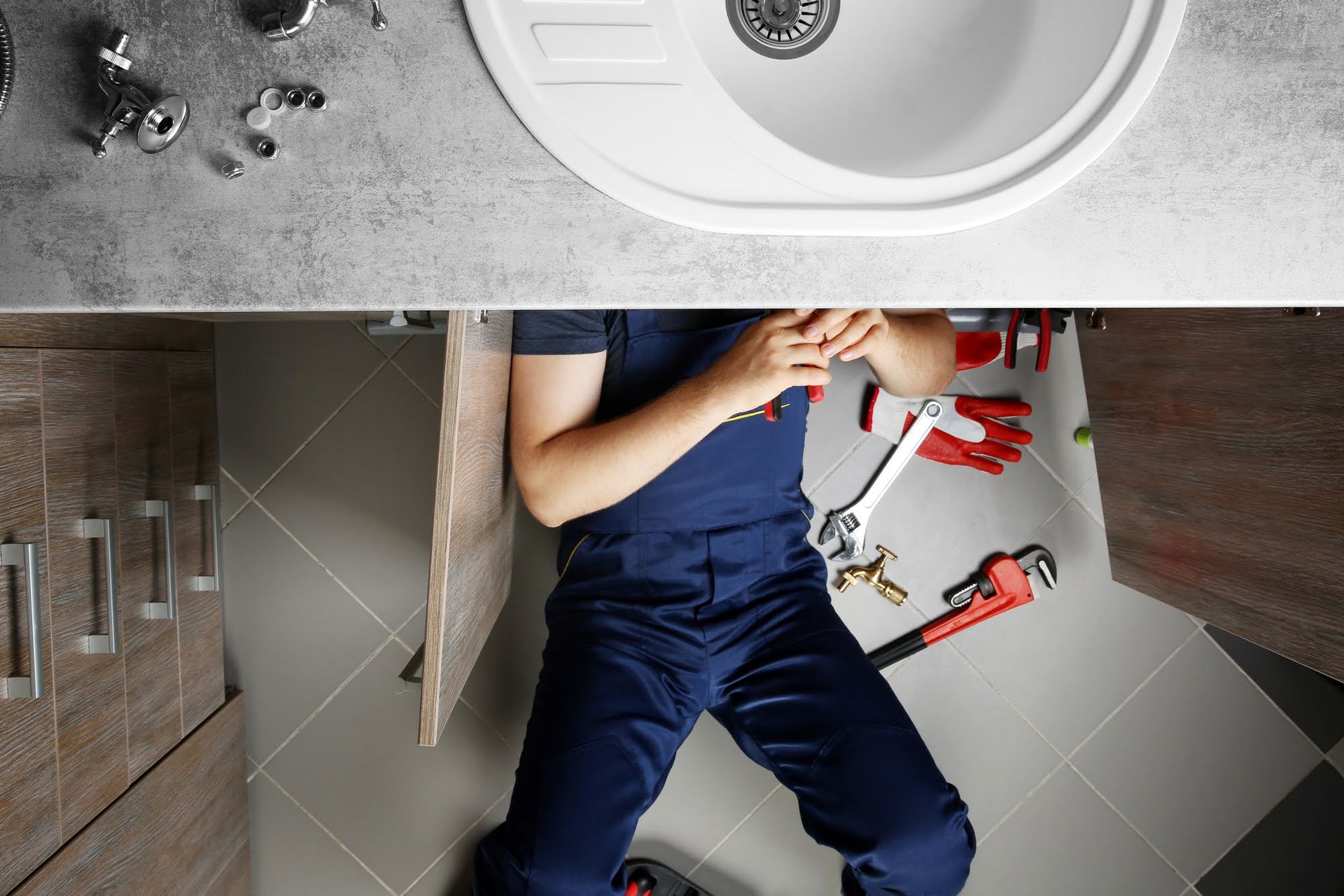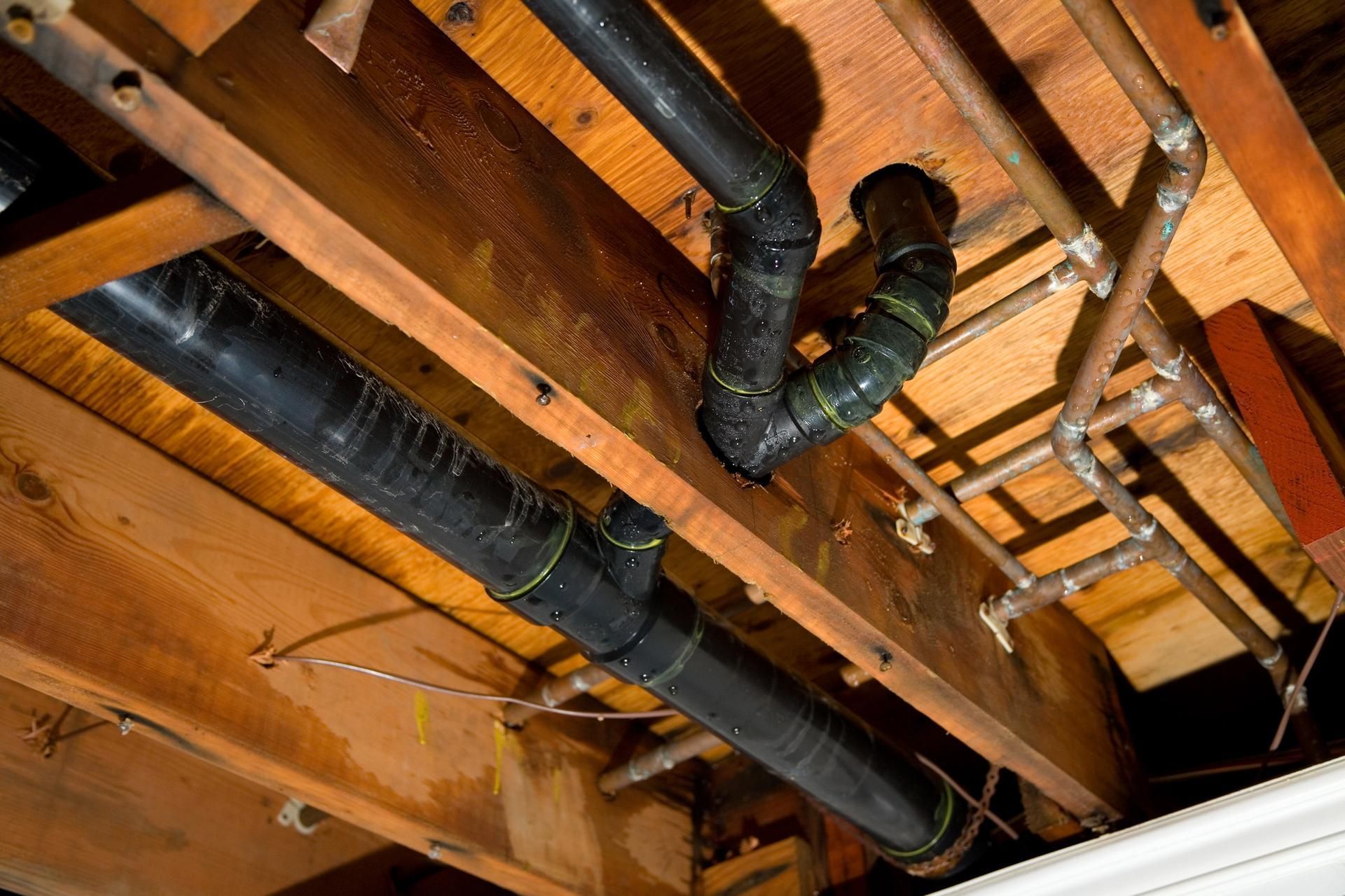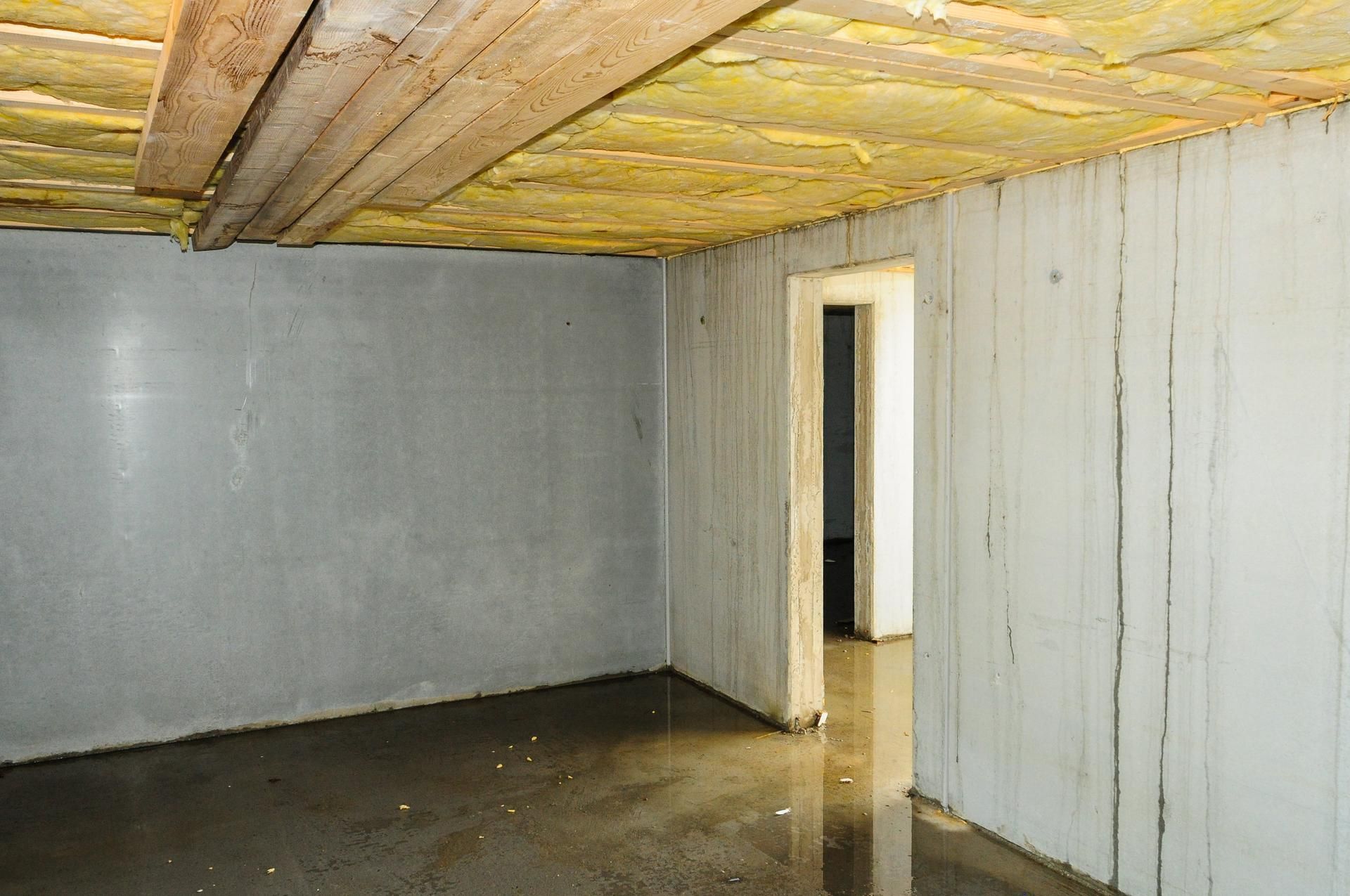Blog


Causes, Effects, and Solutions for Clogged Showerheads
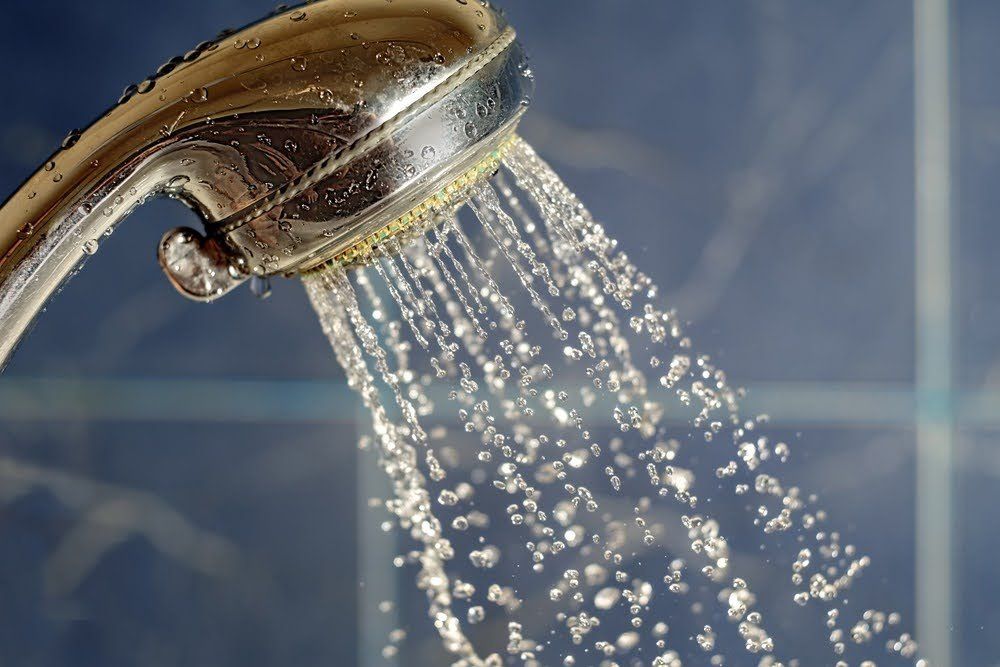
You should suspect a clogged showerhead if its water flow has reduced and the rest of the water fixtures or taps in the house have adequate flow. Below are some potential causes, effects, and solutions of showerhead clogging.
Causes
All small particles that accumulate on the showerhead holes can clog it. Below are common causes of such clogging.
Minerals
Your showerhead is susceptible to clogging if you use hard water in your house. Hard water has dissolved minerals, such as calcium minerals, that can crystalize into solids. For example, minerals can crystalize if they react with other substances in the water. The hard water evaporation can also leave some minerals behind. In any case, the minerals can block your showerhead.
Mold and Mildew
Mold thrives in moist places, and plumbing fixtures are moist most of the time. Mold and mildew can grow on plumbing systems that you infrequently use. The mold spores will then block your showerhead.
Soap Scum
You can clog your showerhead with soap scum if you routinely clean the showerhead with soap. The soap or cleaning detergent can react with dissolved chemicals in the water to form scum, which then dries and coalesces on the showerhead.
Plumbing Material Degradation
Natural wear and tear of plumbing materials can also cause showerhead clogging. For example, metal parts of the showerhead can corrode, and rubber materials in the showerhead (such as the seal) can crumble. Over time, the corrosion and disintegrated rubber can clog the showerhead.
Effects
Showerhead clogs are dangerous and an inconvenience. The specific effects will depend on the offending clog. Below are some of their effects.
Dull Hair and Skin
Mineral deposits on the showerhead can contaminate your shower water. The deposits will remain on your skin and hair, leaving them dull after showering. The effect may leave your skin and hair looking dirty even when clean.
Reduced Shower Flow
Serious clogging can block some of the holes on the showerhead. The blockage will reduce water flow and interfere with your shower experience. For example, the reduced flow can prolong your time in the shower.
Leaks
Shower water should only come out of the holes in the showerhead. That might not be the case if debris blocks the holes and restrict water flow. The water might force its way via other showerhead parts, such as the seal around the faceplate.
Health Effects
Lastly, mold and mildew can negatively affect your health. For example, mold can trigger asthma attacks, allergy reactions, and respiratory problems.
Solutions
Clean your showerhead routinely to avoid serious clogging and its effects. You have two main ways to deal with a clogged showerhead.
Soaking
For conventional showerhead cleaning, you need vinegar and a watertight bag. Pour some vinegar in the bag and tie it around the showerhead. The vinegar should be deep enough to cover all the showerhead's holes. Leave the showerhead to soak for some hours, scrub, and rinse it.
Note that vinegar is acidic and can damage some materials after prolonged exposure. For example, vinegar can damage gold, brass, or nickel-coated showerheads. Soak your showerheads for some minutes and not hours if it has any of those materials.
Dismantling
Soaking the showerhead with vinegar might not work if the clogging is extreme or deep-seated. The risk of acid damage also makes some people hesitate from vinegar use. In such a case, dismantle the showerhead and clean its parts separately.
A professional plumber can help you even if your showerhead has suffered clogging for a long time and caused some problems. Complete Plumbing offers plumbing installation, repair, and maintenance services. Contact us for quotes on your plumbing needs and benefit from our professional services.
Installation
Services
and Military Discount
- Master Plumber License #1555
- Ohio License #33764


